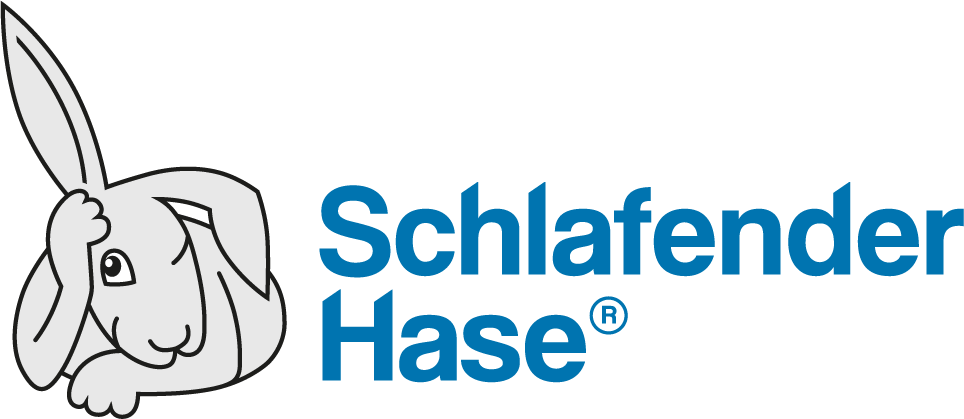AI is already being used in many Life Science applications, meanwhile Health Authorities are looking to regulate the use of AI. As a regulatory affair professional, it is essential to have an understanding of this technology.
In this general introduction to the field of AI, different uses of the term “Artificial Intelligence” will be discussed, and which might be desirable in a given context.
This program will touch on a number of questions that are likely to be raised by those new to the topic, such as:
- If we feed the same query to an AI, will it always give us the same answer?
- Given the same input data, can we follow the steps that lead to an AI’s conclusions?
- What are the implications of bad input data?
In the context of regulatory affairs, transparency, clarity, and reliability are paramount, and the answers to these questions are not always universal, clear, or even (as this is such a quickly-evolving field) necessarily fixed.
Key Learning Objectives
- The introduction to the foundations of AI in a non-technical approach
- Exploring of different uses of the term “Artificial Intelligence”
- Common applications/use cases currently applied in Life Sciences
Presenters

Dean Halliday – Regional Sales Director, Schlafender Hase
Dean Halliday has been working with customers in highly regulated markets for over a decade and specialises in working with the Life Science Industry.
Ensuring that the related risks of manual proofreading and approval processes are identified and solved quickly and easily, allowing only approved content to be printed or published.

Dr. Patrizia Kaye graduated from the University of Durham in 2008 with a Master’s degree in Mathematics, having written her dissertation on machine learning and neural networks. She began her professional career as a software engineer in the oil and gas industry, whilst simultaneously working towards her PhD in Computer Science, in which she developed new algorithms for 3D surface reconstruction and mesh alignment. She moved to Germany and joined part of Crytek GmbH, quickly taking the lead on revitalizing their build and deployment systems and attempting to automate herself out of a job.
Having successfully done so, she moved to Schlafender Hase (“Sleeping Hare”) GmbH, where she works on automated proofreading software for regulated industries, where she has learned more about barcodes than she thought there was to know. She has recently started studying for an MSc in Artificial Intelligence with the University of Bath.She spends her free time playing video games, board games, and learning languages (currently French).








